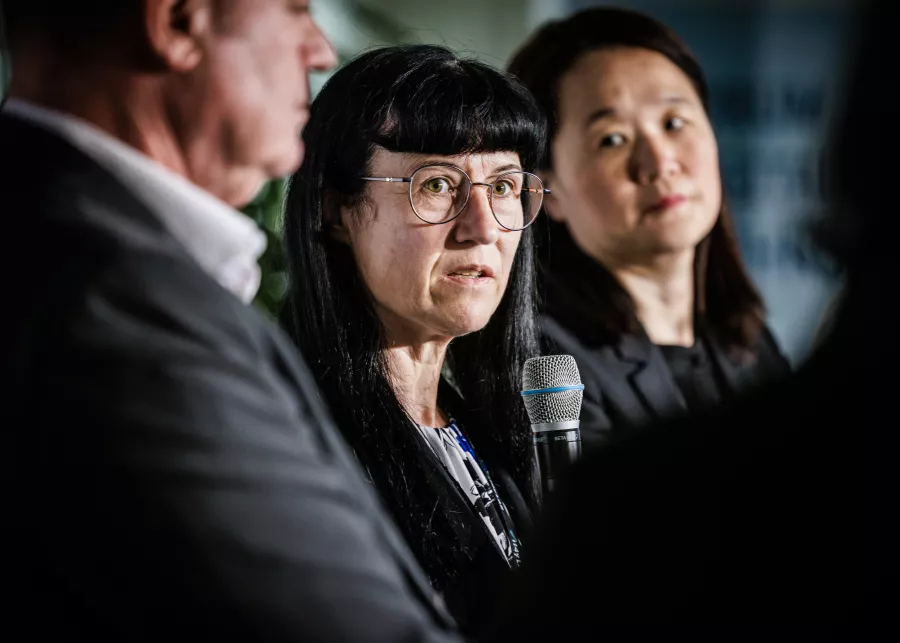The panelists agreed that the industry still faces a major challenge in duplicated efforts in testing and integration, an issue compounded by the growing number of labs and use cases. Each lab runs its own series of tests, often recreating the same scenarios and procedures. This leads to an enormous investment in time and resources for vendors, operators, and labs alike. The solution? Consolidation and alignment.
“And so that would be also a goal (..) for us. That we really define or agree on these use cases and go on exactly as we do: more specification, more feedback…” - Katja Henke



